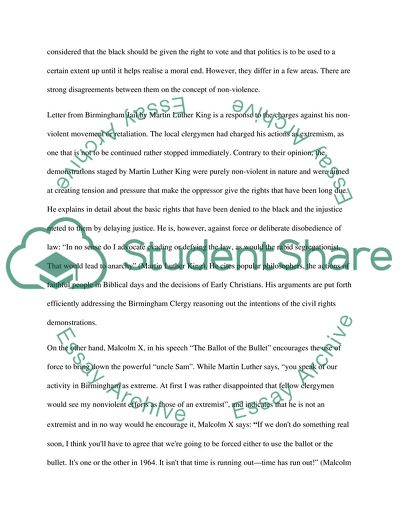The Anti-Slavery Movement of the Early Twentieth Century Essay - 1. Retrieved from https://studentshare.org/social-science/1563743-draft
The Anti-Slavery Movement of the Early Twentieth Century Essay - 1. https://studentshare.org/social-science/1563743-draft.


